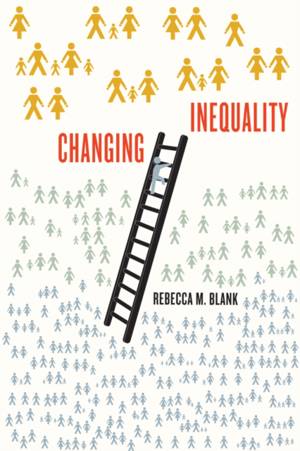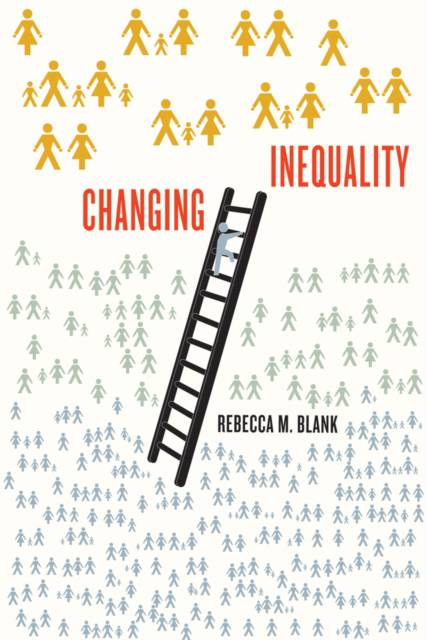
- Afhalen na 1 uur in een winkel met voorraad
- Gratis thuislevering in België vanaf € 30
- Ruim aanbod met 7 miljoen producten
- Afhalen na 1 uur in een winkel met voorraad
- Gratis thuislevering in België vanaf € 30
- Ruim aanbod met 7 miljoen producten
Zoeken
€ 97,95
+ 195 punten
Omschrijving
Rebecca M. Blank offers the first comprehensive analysis of an economic trend that has been reshaping the United States over the past three decades: rapidly rising income inequality. In clear language, she provides an overview of how and why the level and distribution of income and wealth has changed since 1979, sets this situation within its historical context, and investigates the forces that are driving it. Among other factors, Blank looks closely at changes within families, including women's increasing participation in the work force. The book includes some surprising findings--for example, that per-person income has risen sharply among almost all social groups, even as income has become more unequally distributed. Looking toward the future, Blank suggests that while rising inequality will likely be with us for many decades to come, it is not an inevitable outcome. Her book considers what can be done to address this trend, and also explores the question: why should we be concerned about this phenomenon?
Specificaties
Betrokkenen
- Auteur(s):
- Uitgeverij:
Inhoud
- Aantal bladzijden:
- 225
- Taal:
- Engels
- Reeks:
- Reeksnummer:
- nr. 8
Eigenschappen
- Productcode (EAN):
- 9780520266926
- Verschijningsdatum:
- 28/07/2011
- Uitvoering:
- Hardcover
- Formaat:
- Genaaid
- Afmetingen:
- 142 mm x 208 mm
- Gewicht:
- 385 g

Alleen bij Standaard Boekhandel
+ 195 punten op je klantenkaart van Standaard Boekhandel
Beoordelingen
We publiceren alleen reviews die voldoen aan de voorwaarden voor reviews. Bekijk onze voorwaarden voor reviews.











